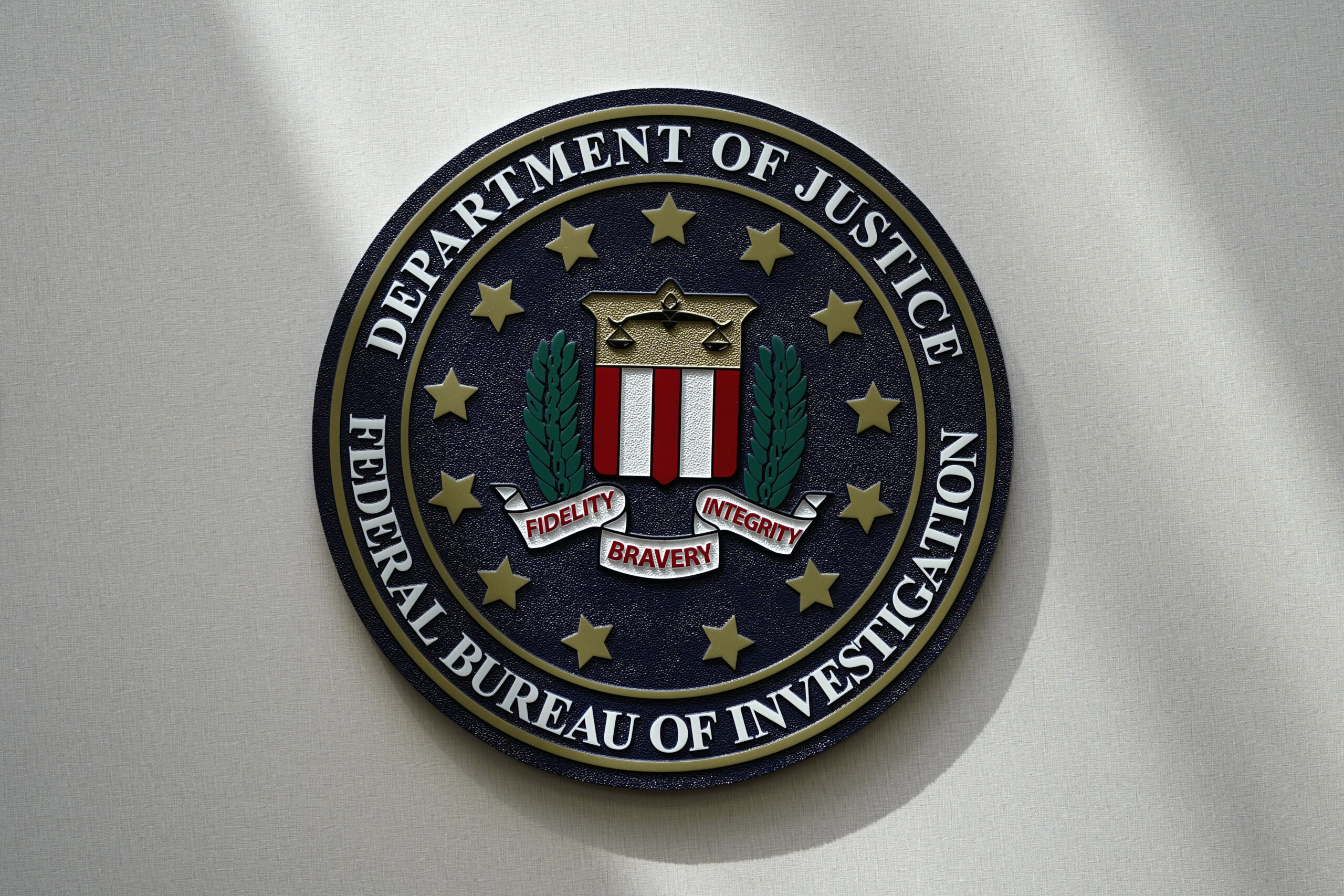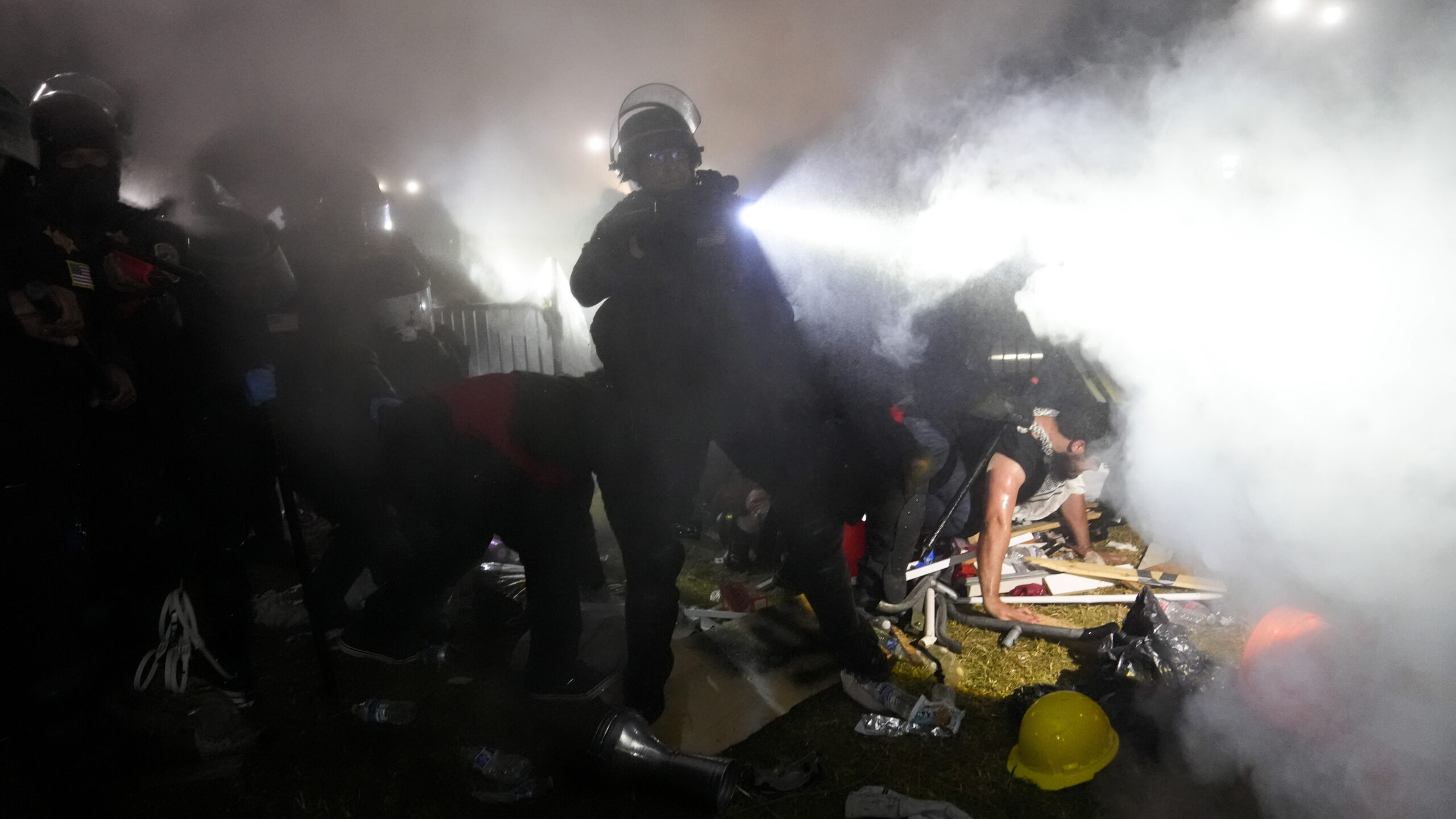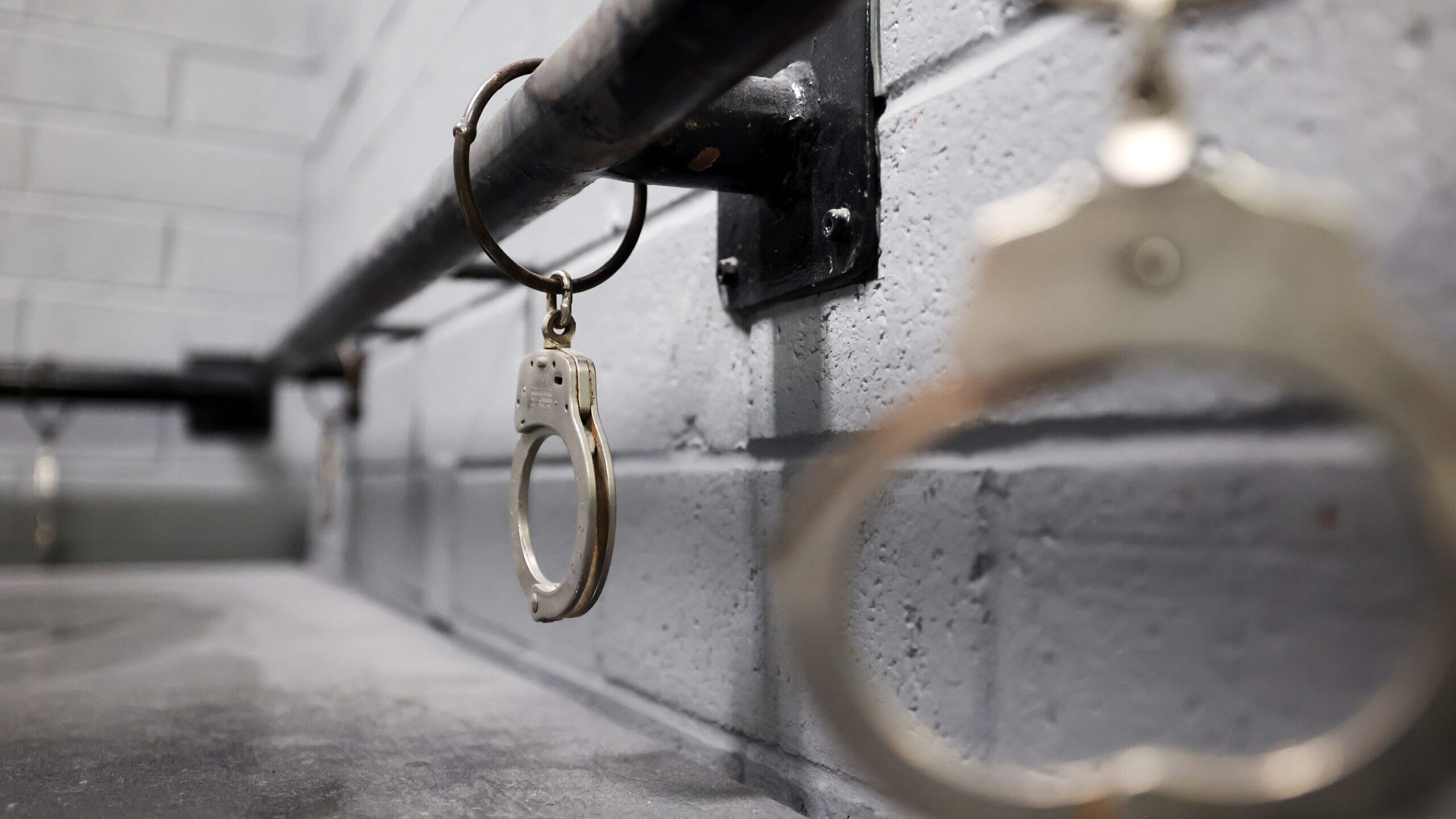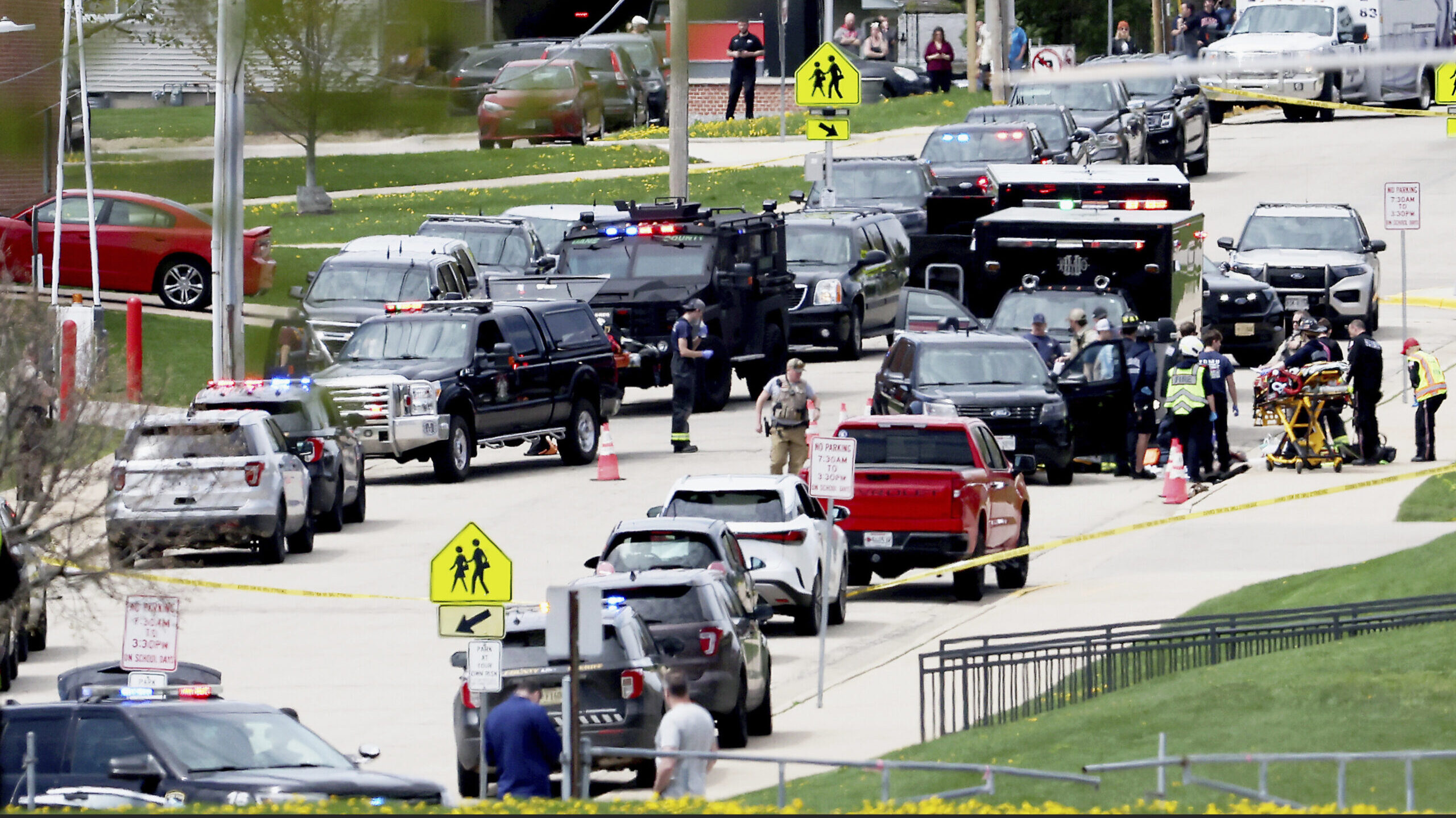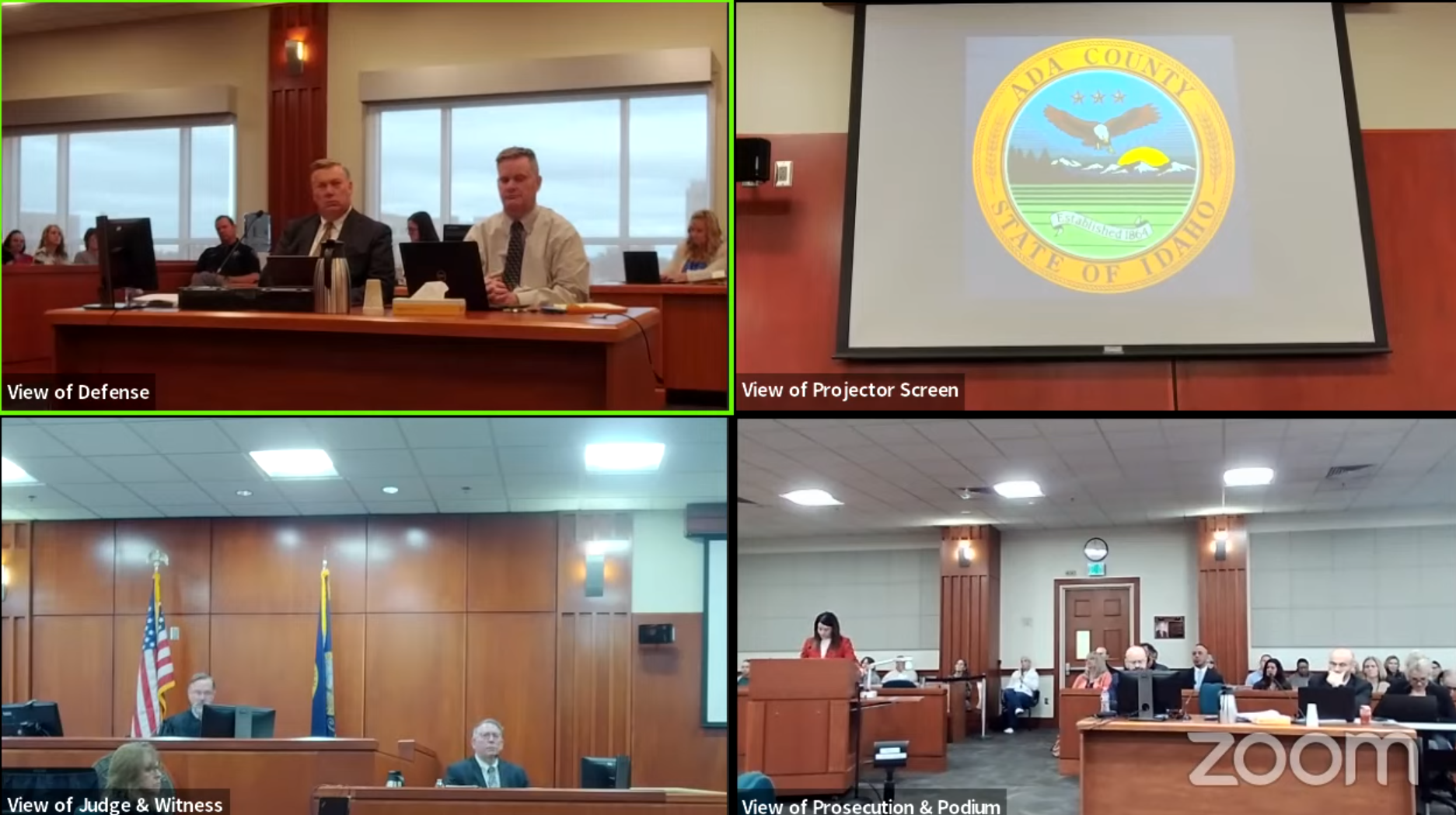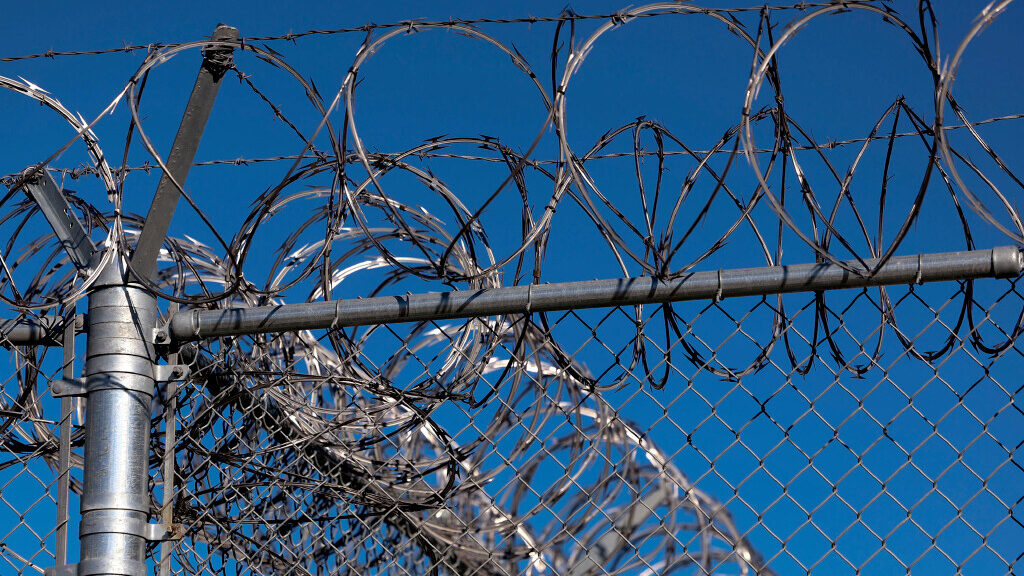How does the FBI assess security risks? A former agent weighs in
Aug 9, 2023, 9:30 PM | Updated: Aug 10, 2023, 12:21 pm

“President Joe Biden talks with Salt lake City Mayor Erin Mendenhall and Salt Lake County Mayor Jenny Wilson, after speaking with governor Spencer Cox and Utah First Lady Abby Cox on Wednesday, August 9, 2023. (Scott G. Winterton)
(Scott G. Winterton)
SALT LAKE CITY — How does the FBI assess security risks?
This question comes to light following an incident Wednesday morning in which FBI agents shot and killed a Provo man as they were attempting to arrest him for making threats toward President Joe Biden and Vice President Kamala Harris.
Retired FBI supervisor and special agent Karl Schmae says threats are assessed when a certain line is crossed.
Schmae says the investigation into Craig D. Robertson began in March when he started posting threats about killing a New York county district attorney.
When security risks become a FBI concern
KSL NewsRadio’s Taylor Morgan asked, “When does a post like that cross the line from free speech into legitimately threatening language or security threats?”
Schmae acknowledges that it is a good question, and a difficult one to answer. Additionally, Schmae says the FBI doesn’t investigate people for exercising their First Amendment right.
“So, people have a right to say a lot of stuff that most of us might find offensive,” he said.
Schmae says Robertson was saying offensive things about President Biden and Vice President Harris as far back as last fall.
“So, those kinds of comments even though most of would find those to be repugnant,” Schmae said. “That’s protected speech. Where it started to cross the line is when he became very specific and said he was headed to New York to shoot the attorney general out there and how he was going to do it.”
The timing of it all
Schmae is asked what he thinks of the FBI’s timing to serve an arrest warrant on Robertson.
Schmae says there were three charges in the complaint against Robertson. The third, of which, was making a threat toward the president.
“I believe when I saw the document that threat was made this week,” he said. “So that was a very recent threat. And then obviously the fact that the president is coming to town and that’s gonna enter into this.”
Schmae says the best time for agents to serve a “high-risk” warrant is early in the morning.
“When hopefully you can catch the person sleeping when they’re going to be less active, less awake,” he said. “And hopefully, less inclined to engage in a firefight.”
Read more:
- FBI seeks help identifying victims of violent sexual assault offender
- Utah Chinese Service Center is no risk to state residents, says ex-FBI agent


